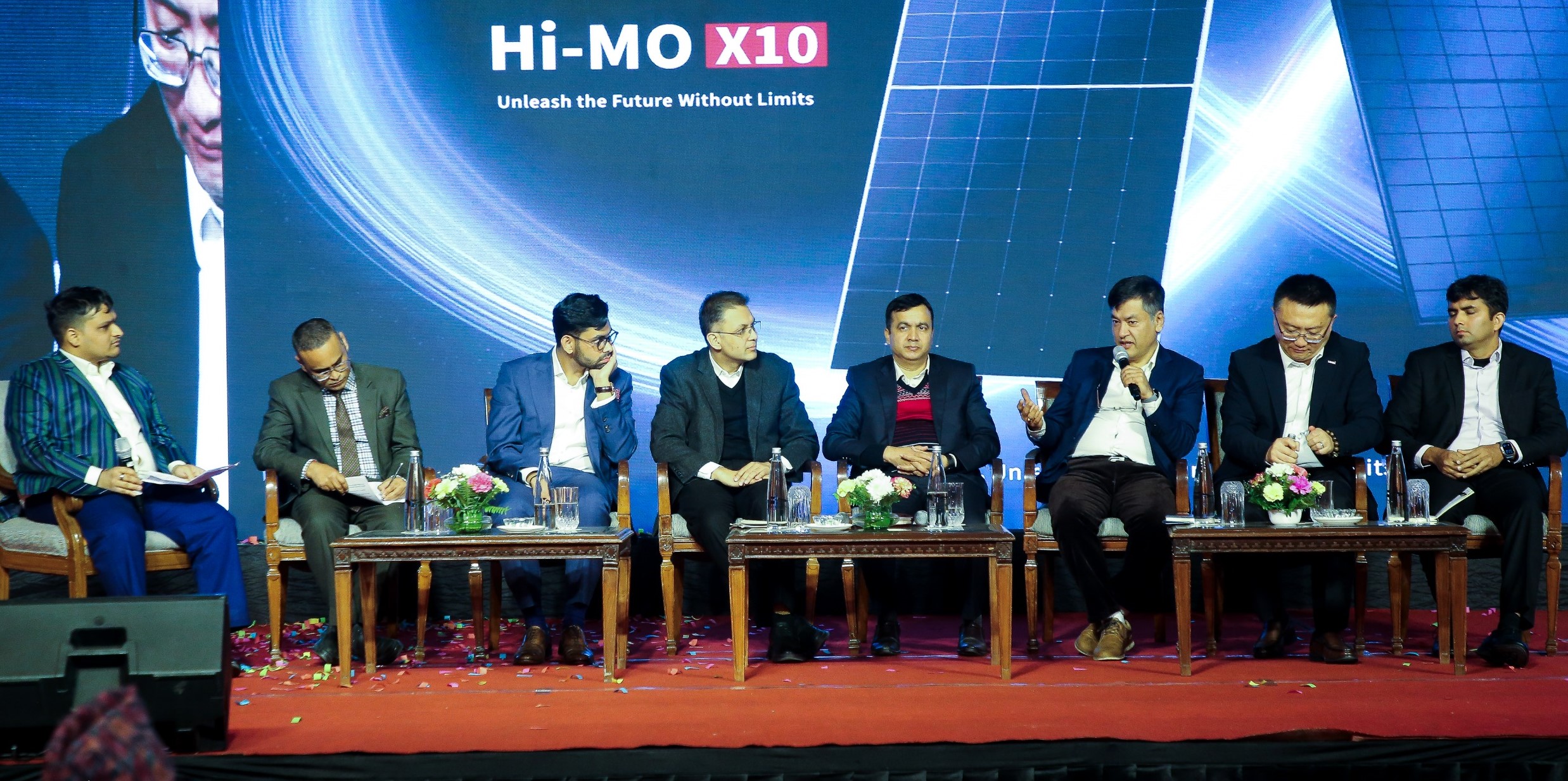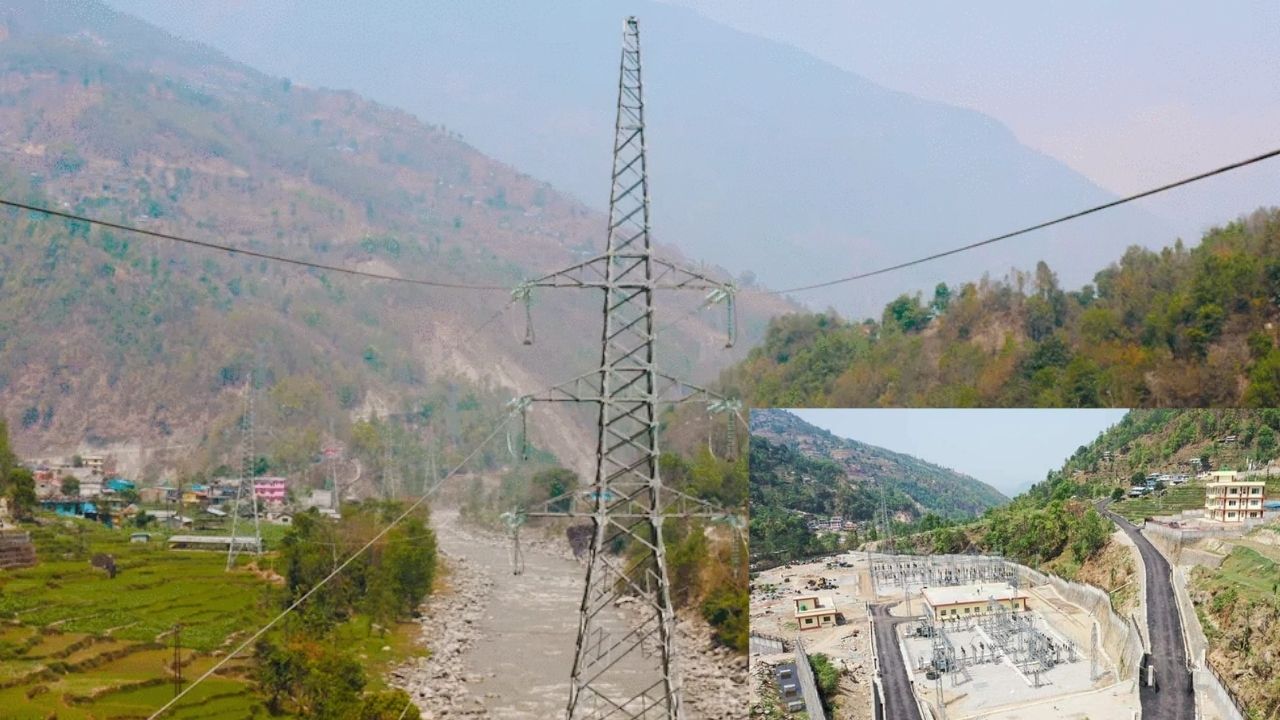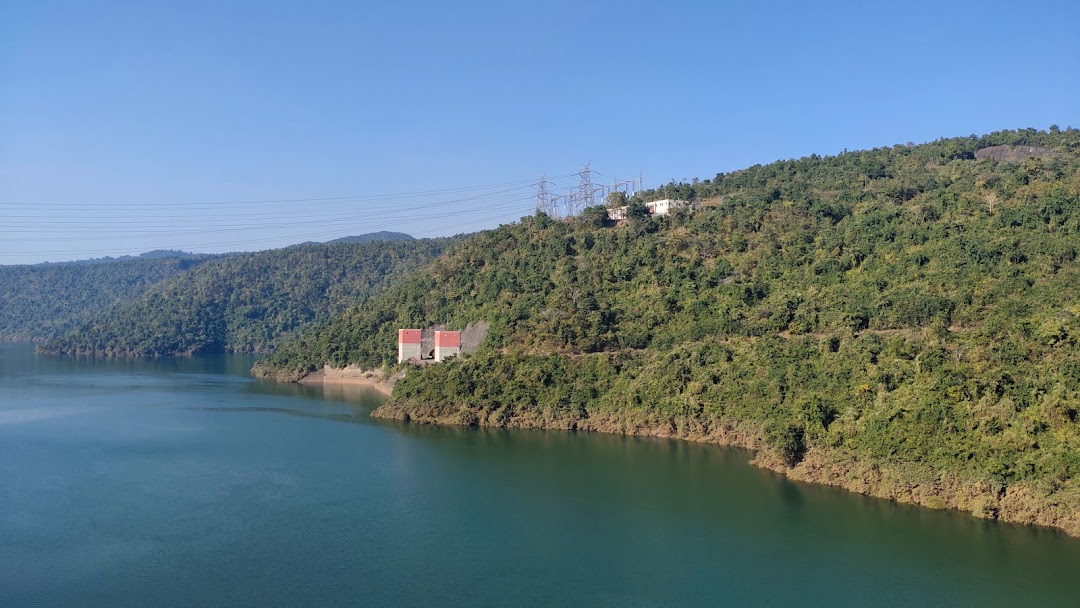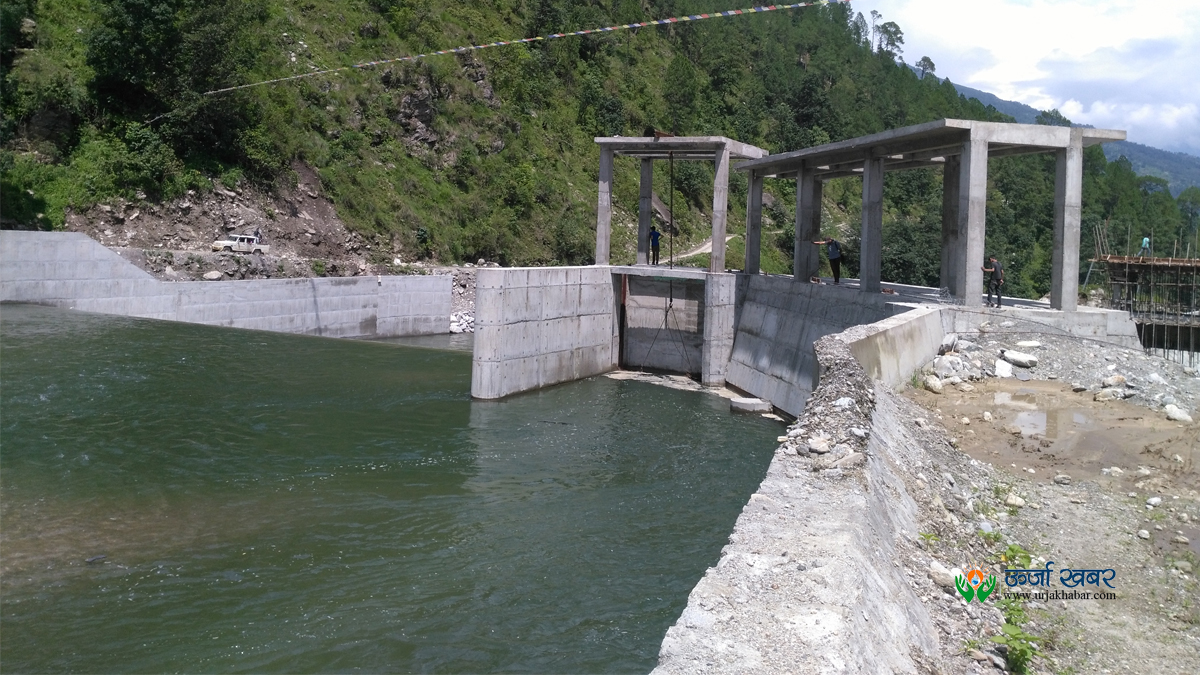Energy Update
Energy-Efficient Appliances Key To Cut Production Cost In Industry: Experts
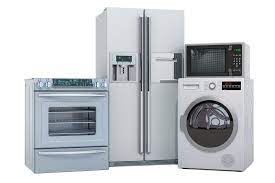
Stakeholders have emphasised the importance of adopting energy-efficient appliances to reduce the cost of production and make the country’s economy competitive. They said enhancing energy efficiency was like generating power and urged one and all to focus on using energy-efficient technologies to save money.
Speaking at a national policy dialogue on ‘Promoting energy efficiency as a new source of sustainable energy mix in Nepal’ organised by the Alternative Energy Promotion Centre on Monday, Madhu Prasad Bhetuwal, joint secretary at the Ministry of Energy, Water Resources and Irrigation, said that the government was giving priority to energy efficiency.

Stating that the National Energy Efficiency Strategy-2075 has been implemented after it was approved by the Cabinet, he said that the aim of the strategy was to double the annual rate of energy efficiency improvement by 2030.
Bhetuwal expressed his hope that the energy efficiency draft bill which was in legislative committee under the Council of Ministers would be endorsed at the earliest.
The draft bill has envisioned an energy efficiency bureau to promote energy efficiency, he said. The AEPC is mandated for the promotion of renewable energy and energy efficiency promotion in the country.

Dr. Narayan Chaulagain, energy specialist at Renewable Energy and Energy Efficiency Programme (REEEP), GIZ, said that use of energy efficient technologies was a must to reduce the cost of production and make the country’s economy competitive.
“Energy efficiency is the cheapest source of fuel. We have to increase awareness among the people for the use of efficient technologies to save money,” he said.
Araniko Rajbhandari, executive committee member of the Federation of Nepalese Chambers of Commerce and Industry, said that electricity consumption remained high in the industries although they might not know about energy efficiency.
“We want the access to energy audit to know about the high cost with the use of inefficient technologies. If the concerned authorities increase awareness and deploy the energy auditor to the industries for using the efficient plant in industries, production cost could be reduced,” he said.
Presenting a paper on Institutionalisation of energy efficiency: A way forward for promotion of sustainable energy in Nepal, Dr. Madhusudhan Adhikari, executive director of AEPC, said that energy efficiency and protection were a must for inclusive and sustainable development. He also stressed the need for acts on regulation of energy efficiency.
Dr. Adhikari urged all concerned authorities and general people to support AEPC and the government to achieve the goals on energy efficiency.
On the occasion, Prof. Dr. Tri Ratna Bajracharya, director, Centre for Energy Studies, Institute of Engineering, Tribhuvan University, Sandip Kumar Dev, director general, Department of Electricity Development and Shreeram Pokhrel, chief, Energy Efficiency and Loss Reduction Department of NEA, stressed on the need for increasing awareness about the importance of energy efficiency.
Conversation
- Info. Dept. Reg. No. : 254/073/74
- Telephone : +977-1-5321303
- Email : [email protected]










